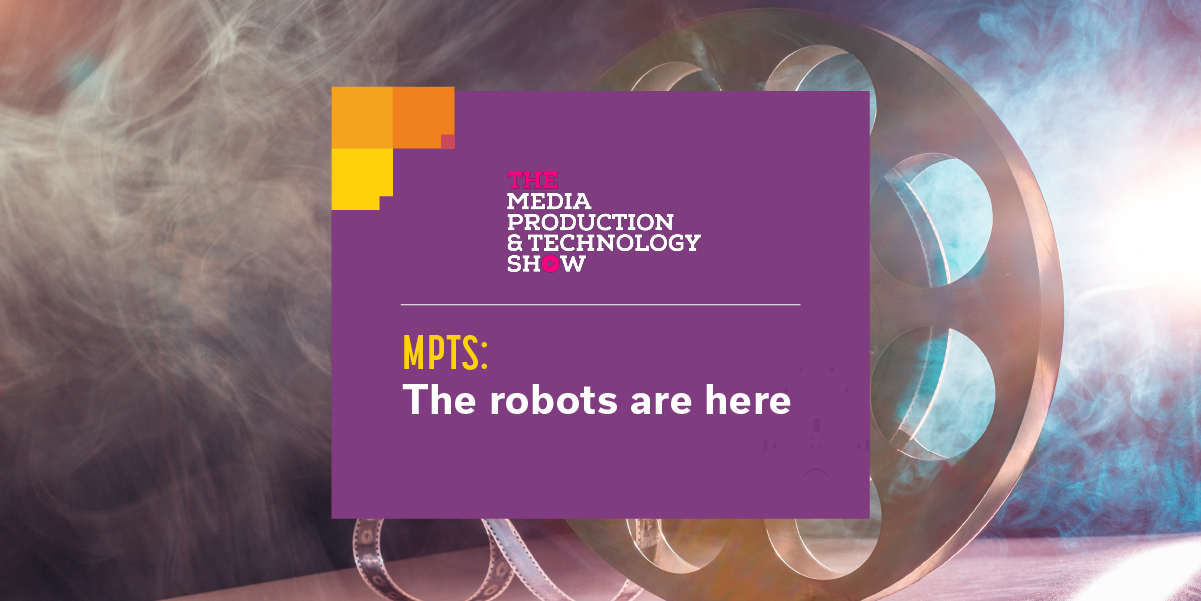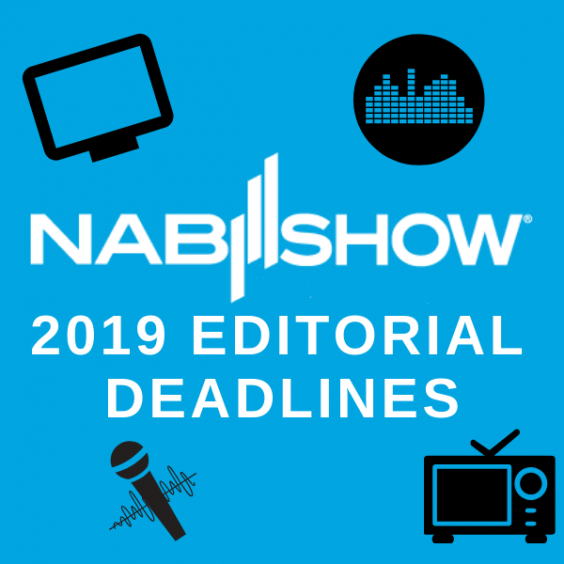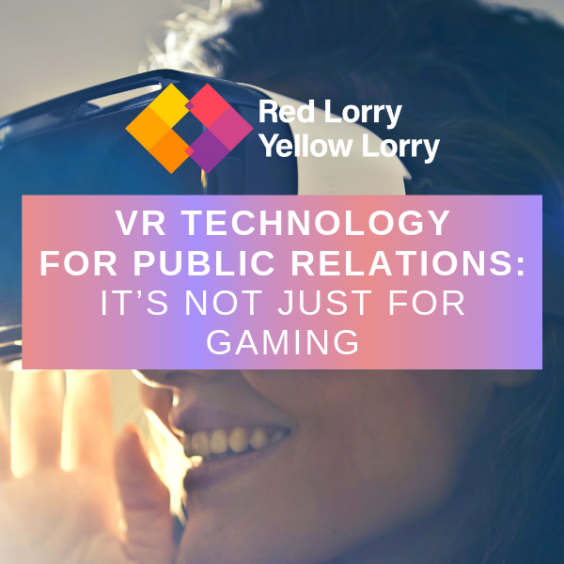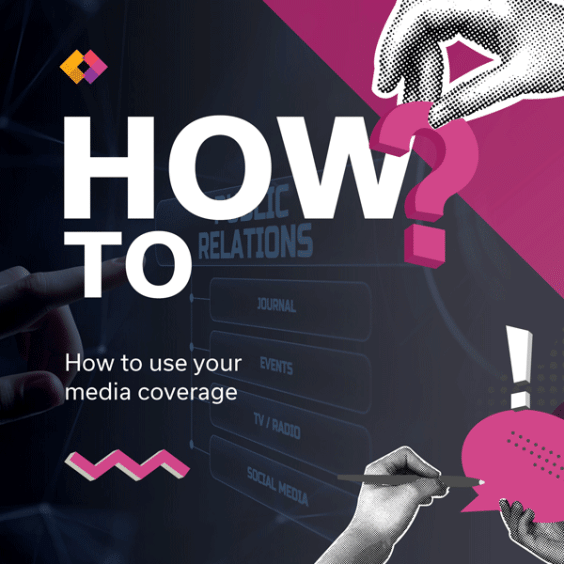Senior account manager Chelsea Fearnley led the lorry delegation to the Media Production Technology Show (MPTS) in London last week. The experience left her wondering about the increasing use of AI in the world of mediatech. Is it a gift to the industry – or a threat to creativity?
In the 1927 German expressionist film Metropolis, AI is a humanoid robot intent on laying waste to an eponymous mega-city. Nearly 100 years later, AI looks… a little different. The media and entertainment industry primarily uses it to generate basic writing, images, and sounds. While the lack of quality is still evident (as this amusing article in the Guardian proves, with examples), its potential is staggering.
The fear of AI
With the current wave of generative AI tools (like ChatGPT and Bard) producing all manner of writing, many artists are fearful of losing their jobs to AI. This is a contributing factor towards the current Writers Guild of America strike in Hollywood. Striking writers are demanding that studios enforce guardrails against AI replacing their jobs, studios using their work to train AIs, and being hired to embellish AI-generated scripts for less pay. Clearly, they’re terrified of the possibilities.
But what will AI in screenwriting really look like? With existing depictions of machine learning in films and TV, it’s easy to get carried away. However, we can be certain that robots won’t be writing the next iteration of The Sopranos, aka the greatest show on earth. Well, at least not for now. That’s because although AI can replicate, automate, help, and inform, it has its limitations. Authentic storytelling is about human life, about the senses, emotions, trials and tribulations we experience in our quest to make sense of this world. And nothing can replace that. We’ll always be the storytellers – but that doesn’t mean that we should fear tools that can replicate parts of the process.
The joy of AI
Of course, not all artists are afraid of AI. For example, Grimes – musician and ex-partner of Elon Musk – is actively inviting people to use her voice in AI songs, saying that she would split 50% of royalties on successful AI-generated tracks that included her voice. Likewise, at MPTS in London, those in VFX and virtual production were generally excited about AI. In a talk hosted by VFX supervisor Paul Franklin and real-time artist Monica Garcia, AI was touted as a tool that would amplify the artist’s ability to create.
‘The same backdrops have been used over and over in different movies with slight iterations to their appearance – having an AI generate these images will allow artists to remove themselves from the labour-intensive nature of this monotonous work and focus on creating unique content that has never been seen before,’ said Garcia.
The host also warned that AI was still learning and that using films as the source of creating those kinds of images was unlikely to reflect real life. Franklin used space as an example: ‘It wasn’t until Gravity, when images from NASA were used as a reference for the VFX, that space looked as it should.’
So, what did we learn at MPTS?
We learned that AI is a revolutionary tool, albeit still in its infancy. Though there’s no doubt that change can be painful and scary, we’d do well to remember the other technological revolutions we’ve been through over the last 30 years – from the smartphone to the internet. Humanity adapts. Art adapts. So, while there are real dangers to AI, robots won’t be conquering storytelling industries anytime soon.
Want to know more about Red Lorry Yellow Lorry and our work with mediatech clients? Stay tuned for more, and message us if you’re interested in what we do.




